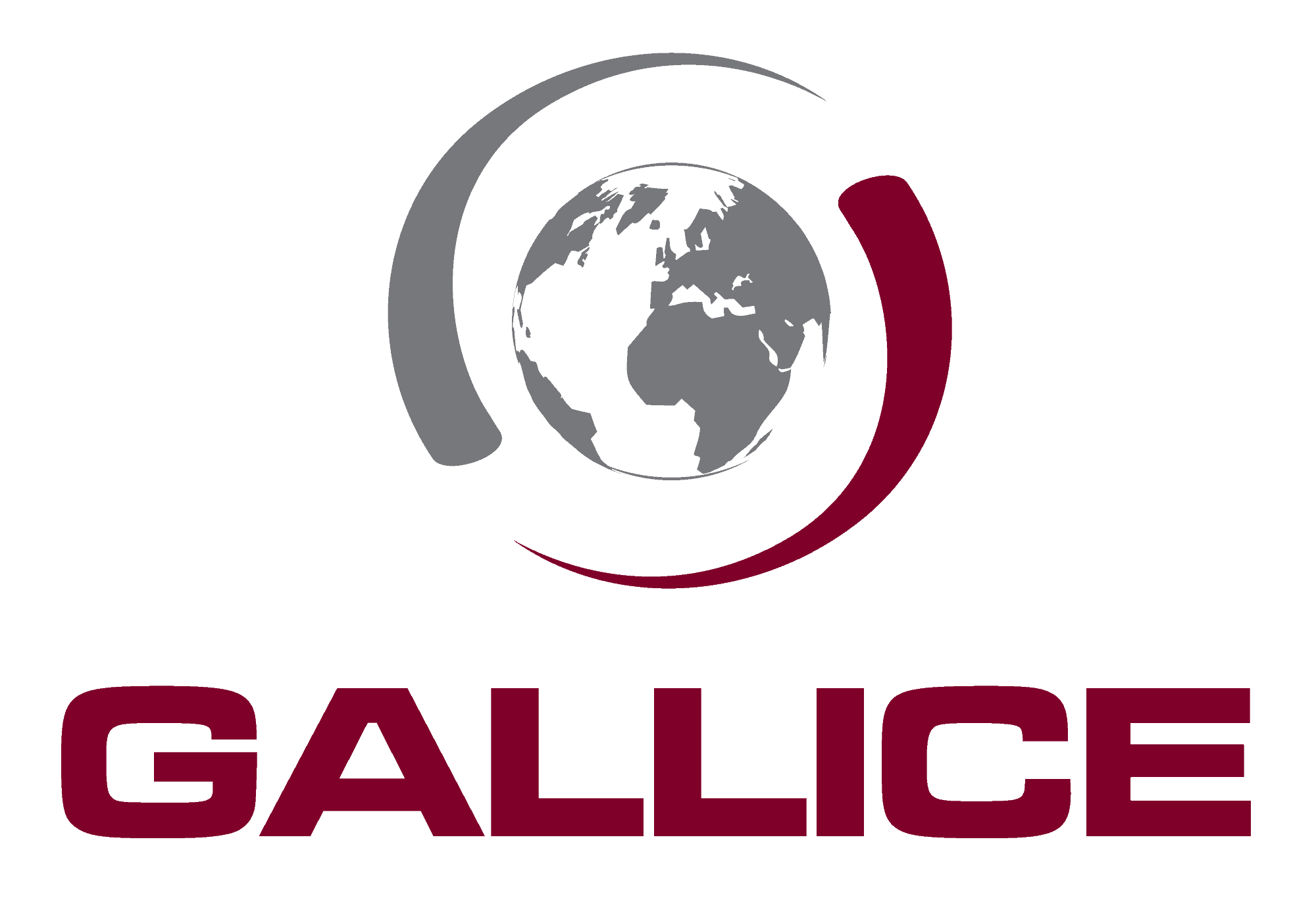CENTRAL AFRICAN REPUBLIC
In 2025, the Central African Republic (CAR) remains one of the most fragile and violent countries in Africa. President Faustin-Archange Touadéra, in power since 2016, continues to rely on the support of Russian paramilitaries from the Wagner Group (now restructured under the Africa Corps) to maintain his grip on the capital and key strategic areas.
Despite official declarations of peace, much of the country is under the control of armed groups, including ex-Seleka and anti-Balaka factions, as well as new local militias involved in trafficking, extortion, and illegal mining. Wagner operatives have been accused of human rights violations, including extrajudicial executions, torture, and forced displacement, particularly in mining zones.
The security situation remains dire outside Bangui. The main roads are unsafe, particularly the corridor linking the capital to Cameroon. Attacks on humanitarian convoys and ambushes against security forces are frequent. Banditry, ethnic violence, and retaliatory killings remain widespread.
The humanitarian crisis continues unabated: over half the population needs assistance, and one in five Central Africans is displaced. Healthcare, food, and shelter shortages persist, while access to affected areas is often obstructed by violence and poor infrastructure.
The political environment is authoritarian. The 2023 constitutional reform allowed President Touadéra to extend his stay in power indefinitely. Opposition parties are marginalised, and dissent is repressed. The judicial system lacks independence, and corruption is widespread.
Relations with Western countries remain strained due to the regime’s proximity to Russia. China is also increasing its presence, especially in mining and infrastructure.
Travellers are strongly advised against visiting the Central African Republic, except for essential missions under strong protection. The risks of kidnapping, armed assault, and disease are extremely high throughout the territory.
